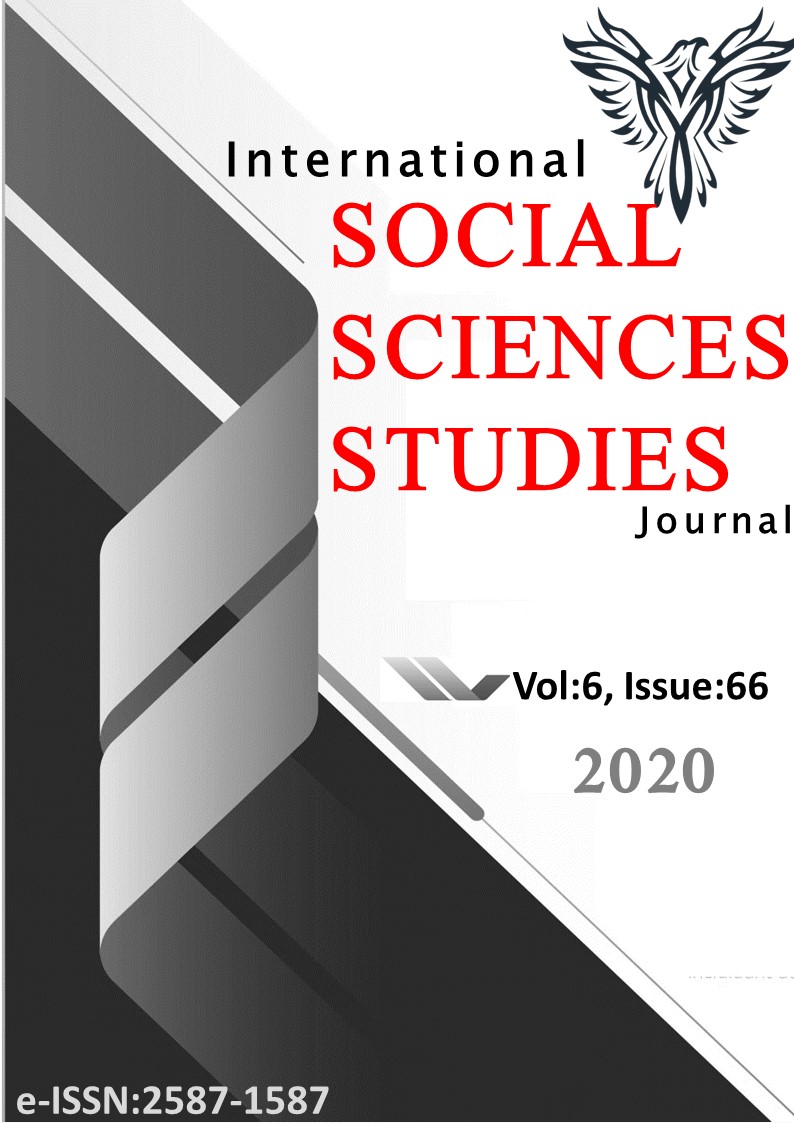Author :
Abstract
Bu çalışma, Doğum ve Kadın Hastalıkları Hemşireliği dersinin klinik uygulamasının etkinliğini, öğrencilerin sahip olmaları gereken bilgi ve uygulamalarda edinmeleri gereken becerileri ve eğitimi değerlendirmek ve ne ölçüde uygulamaya dönüştürebileceklerini karşılaştırmak amacıyla planlandı. Çalışmaya Doğum ve Kadın Hastalıkları Hemşireliği dersi alan 145 öğrenci dahil edildi. Öğrenciler basit rasgele örneklem yolu ile müdahele ve kontrol grubuna seçildi. Verilerin analizinde Ridit analizi kullanılmıştır. Öğrencilerin klinik uygulamaya ilişkin Ridit Puanları hesaplandı. Doğum ve Kadın Hastalıkları Hemşireliği dersi alan öğrencilerin çoğunun doğum sonu ilaç uygulamasında yetersiz olduğu, obstetrik hasta kabulü, emzirme kontrolü konusunda yetersiz oldukları ve ridit puanlarının düşük olduğu belirlendi. En yüksek Ridit Puanı kayıt tutma, APGAR Skor değerlendirmesi idi. Öğrencilerin ilaç uygulaması, obstetrik hasta kabulü, emzirme eğitimi açısından yetersiz olduğu görülmüştür. Öğrenci hemşirelerin klinik uygulamalarında, ilaç uygulaması ve eğitim yerine kayıt tutmada daha başarılı oldukları sonucunu çıkardık. Öğrencilerin, yeni hazırlanan Jinekoloji Hemşireliği Klinik Uygulama Değerlendirme Formunda daha başarılı olduğu görüldü. Müdahale grubuna uygulanan formun öğrencinin başarısını daha ayrıntılı olarak incelediği, hemşirelik eğitiminde ve diğer dönemlerde de katkıda bulunabileceği düşünülmektedir.
Keywords
Abstract
This study is planned to compare the effectiveness of the clinical practice of gynecology and nursing lesson, the skills that students need to acquire in the knowledge and practices they should have, and to what extent they can turn them into practice, to predict the possible effects of such an evaluation on education. In the study, 145 students, who had taken the Gynecology Nursing, were included. Ridit analysis is used in analysis of the data. The students’ Ridit Points about the clinical application were calculated. It was found that most of the students, having taken the Gynecology Nursing, were insufficient in the postnatal medicine application, obstetric patient admission, breast-feeding control, their Ridit Points were low. The highest Ridit Points was record keeping, APGAR score evaluation. Students were found to be inadequate in terms of drug application, obstetric patient admission, breastfeeding education. We concluded that student nurses were more successful in clinical practice, recordings in place of drug administration, education. Students were found to be more successful in the newly prepared Gynecology Nursing Clinical Practice Evaluation Form. It is thought that the form applied to the intervention group examines student's success in more detail can contribute to nursing education, other periods.





